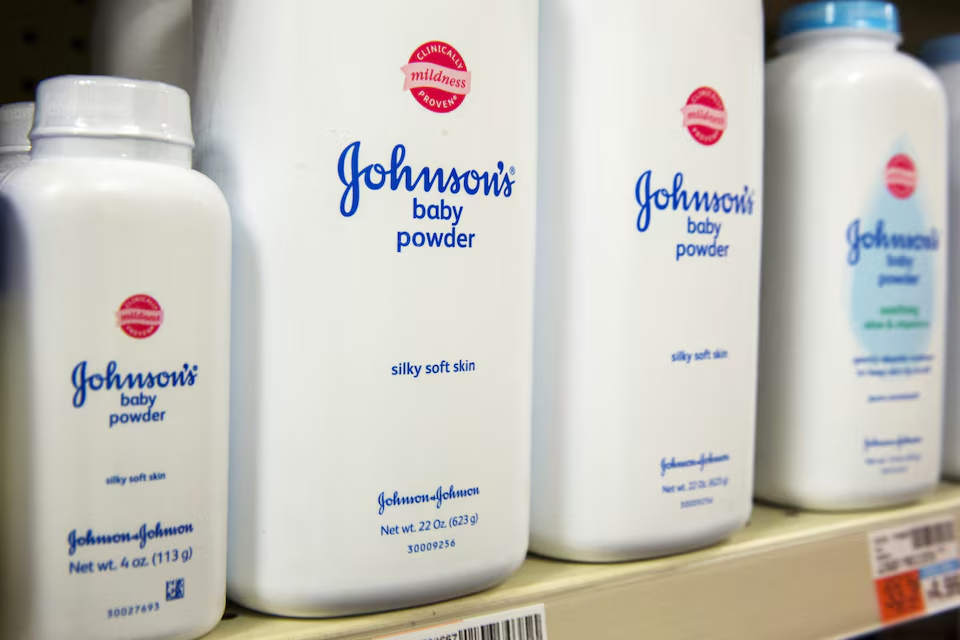Johnson & Johnson is now fighting legal battles on new soil. The U.S. pharmaceutical giant faces its first wave of lawsuits in Britain over claims that its talc-based baby powder caused cancer, a development that could open a new chapter in one of the world’s longest-running corporate liability scandals.
According to Reuters, the lawsuit was filed on Tuesday at the English High Court against J&J and Kenvue UK Limited, a subsidiary of Kenvue, the consumer health unit J&J spun off in 2023.
The case represents more than 3,000 claimants, all alleging that prolonged use of the company’s talc products between 1965 and 2023 led to ovarian cancer, mesothelioma, and other serious illnesses. Lawyers from KP Law, which is leading the claim, argue that J&J’s talc contained carcinogenic fibres — including asbestos — long linked to deadly forms of cancer.
A global giant under scrutiny
J&J has consistently denied that its products are unsafe. The company insists that decades of testing show no asbestos contamination in its talc. But while J&J stopped selling talc-based baby powder in the U.S. in 2020 and later in the UK in 2023, critics say the move came only after mounting public pressure and waves of litigation.
Kenvue, which inherited responsibility for talc claims outside North America after its separation from J&J, said in a statement that the product “did not contain asbestos and does not cause cancer.”
The company added that it expects the English court to reach the same conclusion.
Billions at stake — and reputations on the line
Across the Atlantic, J&J is already facing tens of thousands of lawsuits in the United States. Earlier this month, a U.S. jury ordered the company to pay nearly $1 billion to the family of a woman who died from mesothelioma — one of the largest verdicts yet in the talc saga.
Damages of that scale are unlikely in England, where courts typically restrict awards to compensatory amounts rather than the punitive sums seen in American trials. Still, KP Law has valued the UK claim at around £1 billion ($1.34 billion) — a figure that underscores the case’s significance.
Unlike the U.S., where juries weigh such evidence, British cases are decided by judges, a structure that could shift both tone and outcome.
A turning point for corporate health accountability?
For Johnson & Johnson, the UK lawsuits signal a dangerous expansion of legal exposure. For investors and regulators, they pose a broader question: how far should multinational corporations go in defending legacy products when public trust has already eroded?
J&J has attempted — and failed — three times to settle its U.S. talc litigation through bankruptcy maneuvers, a strategy courts have repeatedly struck down as an abuse of process. Those rejections have only amplified accusations that the company is prioritizing financial protection over full accountability.
If the British High Court finds against J&J or Kenvue, it could encourage similar lawsuits across Europe, opening another costly front in a legal war that shows no signs of ending.
What began as a household product has become a global liability, and for Johnson & Johnson, the baby powder that once symbolized purity and care may now stand as the most expensive reminder of corporate denial in modern history.








